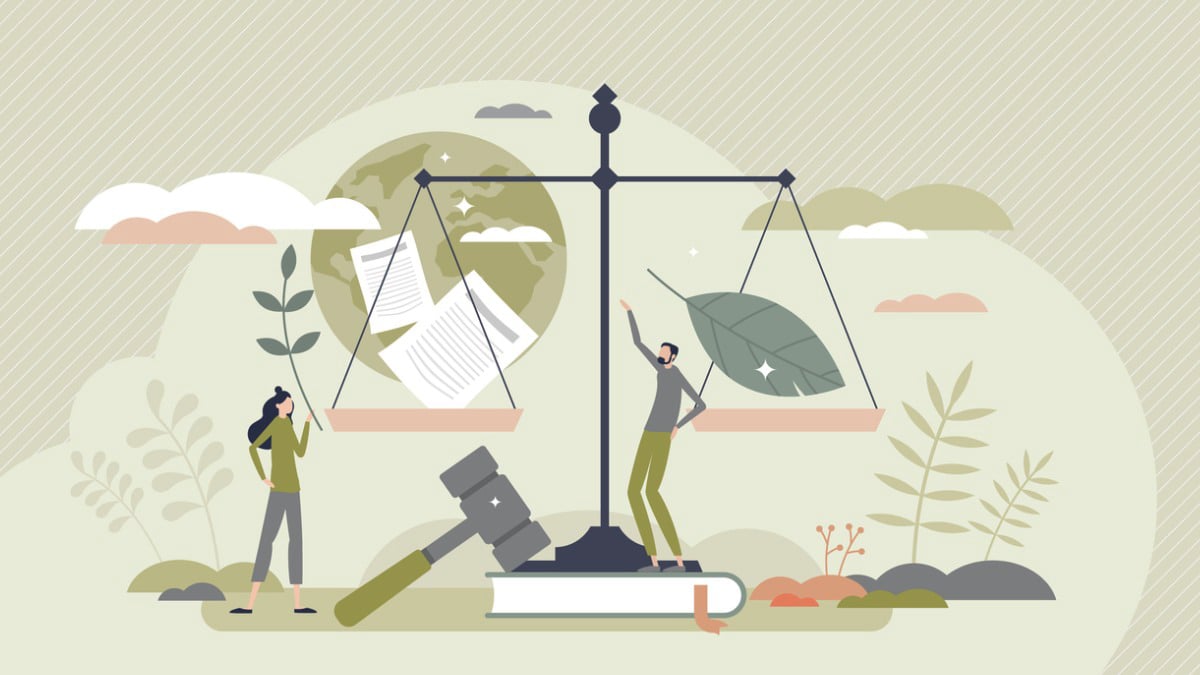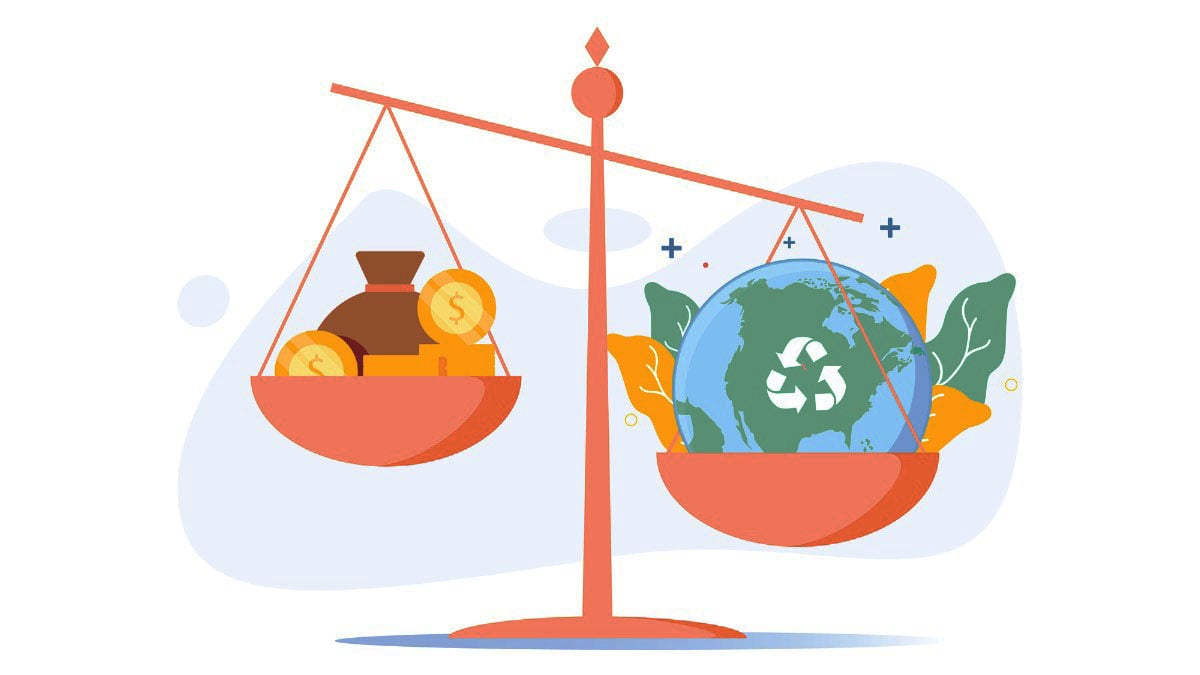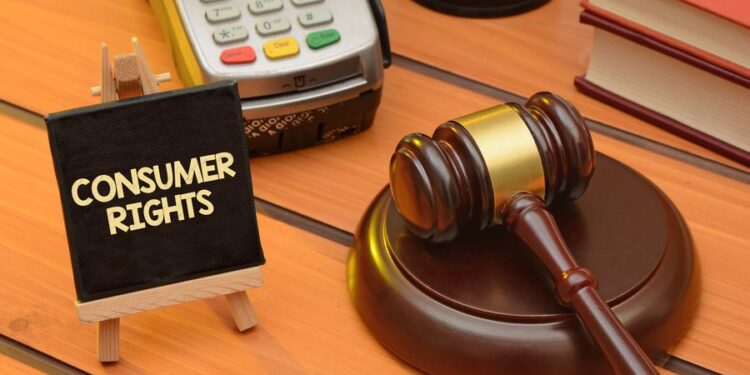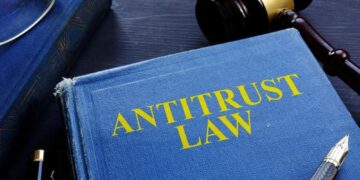Environmental, Social, and Governance (ESG) criteria have moved from a niche consideration for socially conscious investors to a central pillar of corporate strategy. As companies increasingly tout their commitment to sustainability, diversity, and ethical practices, a new and complex legal frontier has emerged: the ESG Lawsuits On the Rise. This trend signifies a new era of accountability, where companies are being held to their public statements and commitments. This article will provide a comprehensive analysis of this burgeoning legal landscape, exploring the key drivers behind the increase in litigation, the different types of lawsuits being filed, and the strategic implications for companies. We will delve into the legal theories being used to hold corporations accountable, from “greenwashing” claims to fiduciary duty violations, and offer a roadmap for how businesses can mitigate their risk and navigate this new era of corporate responsibility.
The Driving Forces Behind ESG Litigation

The surge in ESG-related litigation is not a random phenomenon. It is driven by a confluence of factors, including heightened public awareness, evolving investor expectations, and a more aggressive regulatory environment.
A. Increased Scrutiny and Public Awareness: In the age of social media and global communication, corporate actions are under constant scrutiny. Consumers, environmental groups, and the general public are more aware than ever of the impact companies have on the world. When a company’s actions don’t align with its public ESG statements, it can quickly lead to public backlash and legal action. This dynamic has created a powerful incentive for companies to be truthful and transparent in their claims.
B. Evolving Investor Expectations: ESG is no longer just a “nice-to-have” for investors; it is a critical factor in investment decisions. Institutional investors, pension funds, and asset managers are increasingly integrating ESG factors into their investment strategies. They see strong ESG performance as an indicator of a well-managed and resilient company. When a company’s ESG claims are found to be false, it can have a direct impact on its stock price and reputation, creating a clear legal basis for shareholder lawsuits.
C. Regulatory and Enforcement Focus: Regulators around the world, from the U.S. Securities and Exchange Commission (SEC) to the European Union, are placing a greater emphasis on ESG disclosures and accountability. The SEC, for example, has created a Climate and ESG Task Force to identify misconduct and misrepresentations in this area. This regulatory focus is creating a more fertile ground for litigation and is a clear signal that governments are taking ESG claims seriously.
D. The Proliferation of ESG Ratings and Data: The rise of third-party ESG ratings and data providers has made it easier than ever to measure and compare a company’s ESG performance. While these ratings are often complex and can be inconsistent, they provide a standardized benchmark that can be used as evidence in a lawsuit. When a company’s internal claims don’t align with these external ratings, it can create a strong legal case for a misrepresentation claim.
The Types of ESG Lawsuits on the Rise

The new wave of ESG litigation is not a single type of lawsuit but a diverse array of legal challenges, each targeting a different aspect of a company’s ESG performance.
A. “Greenwashing” and Deceptive Advertising Claims: This is one of the most common forms of ESG litigation. Greenwashing occurs when a company makes false or misleading claims about its environmental practices.
- Consumer Protection: Lawsuits are often brought by consumer advocacy groups or even private citizens under consumer protection statutes. They argue that the company’s green claims are deceptive and have influenced consumers to purchase their products. For example, a company claiming its products are “100% recyclable” when only a small portion of the product can actually be recycled could face a lawsuit.
- False Advertising: Competitors can also file lawsuits, arguing that a company’s false green claims give them an unfair competitive advantage. These lawsuits, often brought under false advertising laws, are a powerful tool for holding companies accountable.
B. Shareholder Derivative and Securities Fraud Claims: These lawsuits are brought by shareholders who allege that a company’s false ESG statements have harmed the company’s value.
- Breach of Fiduciary Duty: Shareholders can sue the company’s board of directors, arguing that they breached their fiduciary duty by making false or misleading ESG statements, which exposed the company to legal and reputational risk.
- Securities Fraud: If a company makes false ESG claims in its public filings, such as annual reports or SEC disclosures, it could be sued for securities fraud. Shareholders would argue that they made investment decisions based on these false claims, which led to a financial loss when the truth was revealed.
C. Labor and Human Rights Claims: The “S” in ESG is becoming a major source of litigation, as companies face legal challenges related to their labor practices and human rights record.
- Supply Chain Scrutiny: Companies are being sued for alleged human rights abuses in their supply chains, particularly when they make public statements about their commitment to ethical sourcing. For example, a company could be sued for using forced labor in its supply chain, even if it was a supplier’s doing.
- Diversity, Equity, and Inclusion (DE&I): Lawsuits related to DE&I are also on the rise. Employees and shareholders are suing companies for not living up to their public promises on diversity, or for discriminatory practices in hiring, promotion, and pay.
D. Climate and Environmental Justice Claims: This is a rapidly evolving area of litigation where plaintiffs are using legal theories to hold companies accountable for their role in climate change and environmental damage.
- Public Nuisance: Environmental groups and even state governments are suing companies, particularly in the fossil fuel industry, under public nuisance theories. They argue that the companies’ emissions have contributed to climate change and the resulting damage to public lands and infrastructure.
- Risk Disclosure: The SEC is looking at whether companies are adequately disclosing the financial risks they face from climate change, such as the risk of assets being stranded or the cost of new regulations. Failure to disclose these risks could lead to securities fraud claims.
Strategic Implications for Companies
The rise of ESG lawsuits has created a new set of risks and a new imperative for corporate governance. Companies that fail to adapt will face significant legal and reputational challenges.
A. Truth and Transparency as a Legal Defense: The best defense against an ESG lawsuit is to be truthful and transparent in your claims. Companies must be able to back up every public statement with data and evidence. This requires a robust internal governance structure to ensure that a company’s marketing, legal, and operational teams are all aligned.
B. Governance and Internal Controls: The board of directors and senior management must take a more active role in overseeing ESG performance. This includes:
- ESG Audits: Conducting regular, independent audits of a company’s ESG claims to ensure they are accurate and supported by data.
- Risk Management: Integrating ESG risks into a company’s broader risk management framework.
- ESG Disclosure: Ensuring that a company’s ESG disclosures are as rigorous and transparent as its financial disclosures.
C. The Role of Technology and Data: Technology can be a powerful tool for mitigating ESG risk. Companies can use data analytics to monitor their supply chains for labor abuses, use sensors to track their environmental impact, and use AI to analyze their ESG claims for accuracy. This data can not only help a company improve its performance but also serve as a powerful legal defense.
D. Engaging with Stakeholders: The rise of ESG litigation is a clear signal that companies must engage more meaningfully with their stakeholders, including employees, customers, investors, and the communities in which they operate. By building trust and a dialogue with these groups, companies can reduce the risk of litigation and build a more resilient and sustainable business.
E. Insurance and Risk Transfer: The insurance industry is responding to the rise of ESG lawsuits by offering new types of coverage. Companies can explore insurance products that cover the costs of litigation, settlements, and reputational damage from ESG-related claims. This is a critical risk-transfer mechanism for companies operating in this new environment.
Conclusion
The rise of ESG lawsuits is a clear signal that the era of empty corporate promises is over. In a world where transparency and accountability are paramount, companies are being judged not just by their financial performance but by their impact on the planet and its people. This new legal frontier presents significant risks, but it also presents a profound opportunity for companies to build more resilient, ethical, and sustainable businesses. By embracing truth and transparency, implementing robust governance structures, and leveraging technology, companies can not only mitigate their risk but also emerge as leaders in this new era of corporate responsibility. The future of business is not just about making a profit; it’s about making a difference, and the legal system is now holding companies to that promise. The next chapter will be defined by a new social contract, one where companies are held accountable for their actions and a more just and sustainable world is built for all.









